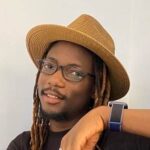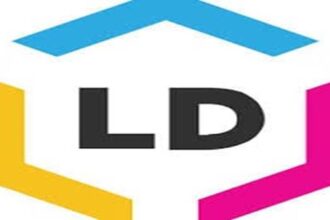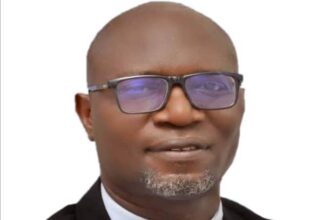Tech experts have raised new concerns about the increasing misuse of monitoring applications.
In a statement on Sunday, the Digital Head of Youth Orientation for Development at the United Nations Educational, Scientific and Cultural Organisation, Mr. Godwin Iheuwa, warned that Nigeria and the wider African digital space face a rising crisis of unethical surveillance practices.
According to the statement, Iheuwa made the remarks during an engaging conversation on KongaFM’s Creators Corner, hosted by Otueze Fredrick.
He also unpacked the confusion surrounding spy apps and the broader implications for digital culture.
Iheuwa noted that tools like mSpy were becoming increasingly popular for the wrong reasons. While these apps were originally designed for parental monitoring and corporate device management, many individuals now weaponise them for spying on partners, invading privacy, and breaching digital rights.
“Using these apps to monitor a partner is not only unethical but illegal,” he said.
He also urged young people to draw clear boundaries in their online relationships.
But beyond raising alarms, Godwin advocated for a healthier, more intentional digital culture among African creatives.
Iheuwa argued that digital literacy, ranging from privacy awareness to understanding viral behaviour and AI tools, has become a non-negotiable skill in an era where most creative work happens online.
He also reframed the conversation around opportunity, insisting that creatives stand to benefit immensely from technology if they adopt the right mindset.
According to him, thriving in the digital ecosystem requires three critical pillars: consistency, adaptability, and visibility.
He explained that even the most gifted creators will remain undiscovered without deliberate efforts to stay active, evolve with trends, and position themselves on global platforms.
Iheuwa stressed that access to knowledge, not equipment, is the real determinant of success.
He maintained that Africans can lead the next generation of global digital innovation if they embrace continuous learning and responsible tech use.
Earlier, the host of the show, Otueze Fredrick, echoed this concern, warning that the normalisation of digital snooping is setting a dangerous precedent among young people.
“We’re slowly slipping into a culture where invading someone’s privacy feels normal. If we don’t challenge that mindset now, it’s going to damage trust and relationships beyond repair,” Fredrick noted.
Another tech analyst, Eze Akalugwu, who joined the conversation remotely, expanded on the broader implications of such incidents.
Akalugwu also highlighted the income potential within digital marketplaces such as Fiverr, Selar, and Etsy, as well as the value of analytics provided by platforms like YouTube Studio and TikTok Analytics, which offer creators a roadmap for audience growth.
“Digital spaces have erased the line between public and private. Without stronger digital ethics, anyone can become a victim of unintended exposure,” Akalugwu said.















